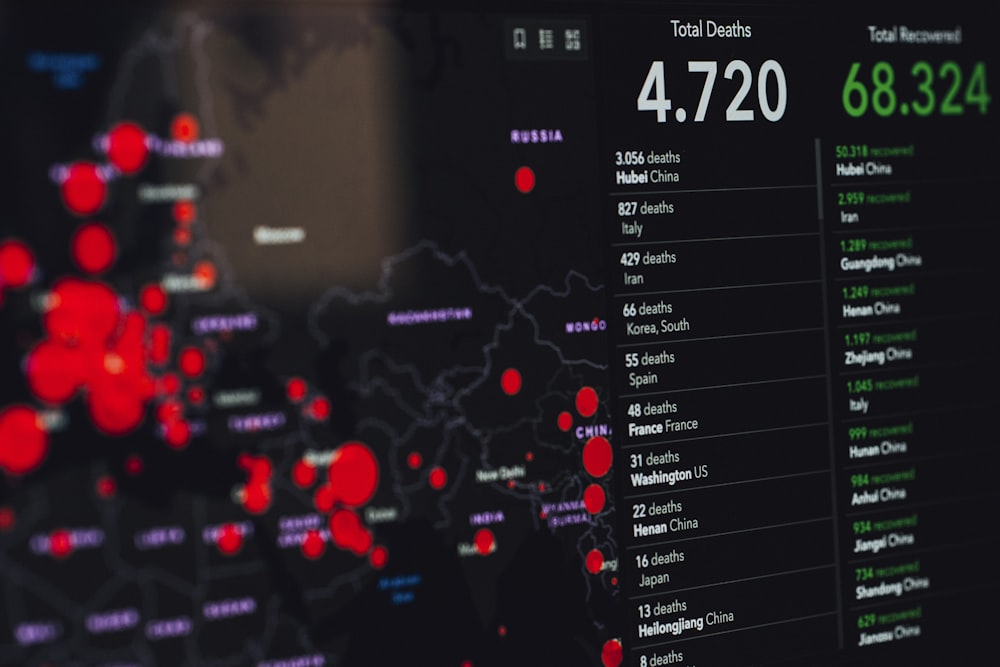wired.co.uk: With fear and trepidation, Europe leaves coronavirus lockdown

European countries easing lockdown restrictions are taking wildly different approaches. Can they all be right?
That how small business survives today
For the past month, hairdresser Simone Jungwirth has been forced to swap running a busy salon in Vienna with a daily routine that orbits around cooking, gardening and drawing, as a full-time mum.
When the coronavirus started spreading in Europe, the Austrian government imposed one of the continent’s first strict lockdowns. That decision has been credited with keeping the death toll in the low hundreds compared to neighbouring Italy, where more than 20,000 people have so far lost their lives.
Like lockdowns everywhere, school and business closures upended lives across the country. First, Jungwirth had to close her salon and cancel her clients’ appointments. Next, her two-year-old daughter was sent home from kindergarten without a fixed date to return. With her parents in self-isolation and her boyfriend swamped by his job in social work, she spent 24 hours a day with her daughter – there was no one around to help with childcare. When she wanted time for herself, she would wake up at 5am and walk to her empty shop to water the plants or do yoga, returning home before her boyfriend left for work.
Salon Jungwirth is planning to re-open on May 2 and already the diary is filling up. Despite the fall in income, Jungwirth was lucky: her landlord paused the rent and her clients are clamouring to come back. “I got tons of calls and messages for appointments,” she says. “Professionally, I was really happy to hear I can go back to work soon.” But personally, her feelings were more complicated. “It was a mix of happiness, uncertainty and a lot of thoughts about how it will be back at work with all the [hygiene] restrictions like masks, no hugs.”
Jungwirth is not alone in her uncertainty. European leaders are warily watching countries such as Singapore and China, where new infections in the past few weeks have sparked fears of a second-wave. Their own announcements have come with strong caveats. “If we open Denmark too quickly again we risk that infections rise too sharply and then we have to close down again,” Danish prime minister Mette Frederiksen said at a press conference last week.
European Commission chief Ursula Von Der Leyen also warned this weekend that life cannot return to full normality before a vaccine has been developed – considered highly unlikely before 2021.
Comments
Post a Comment